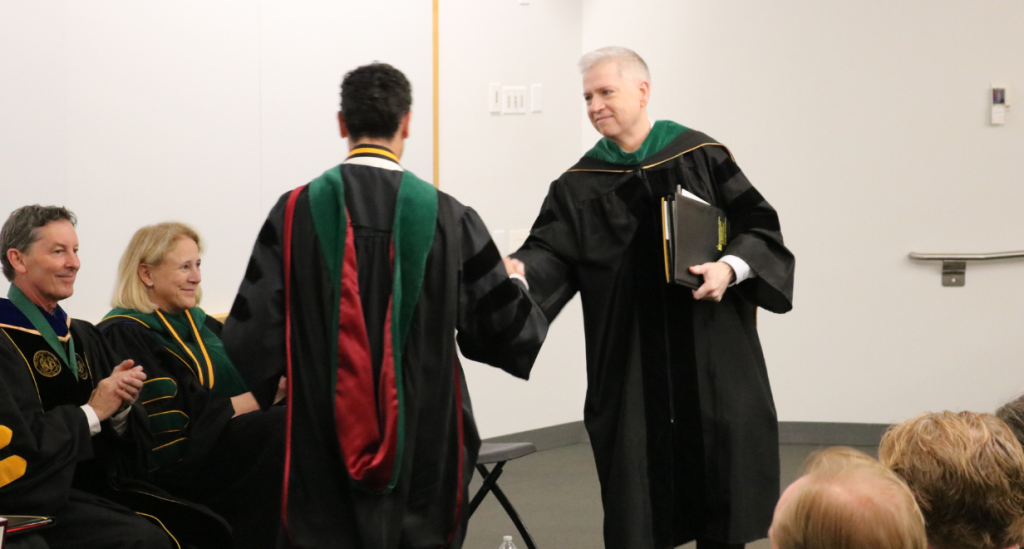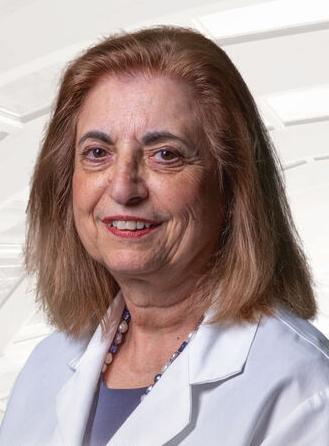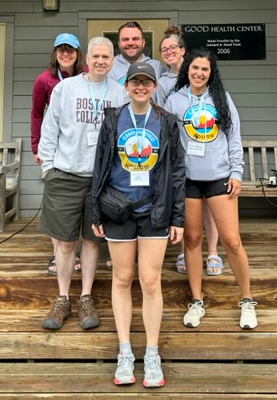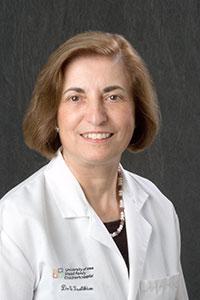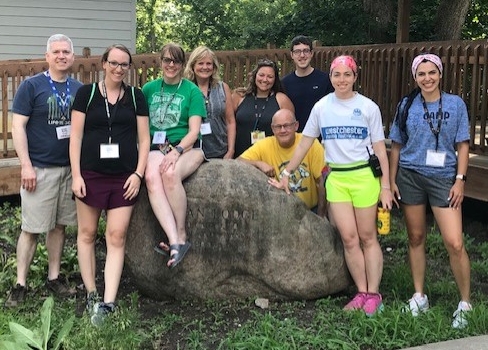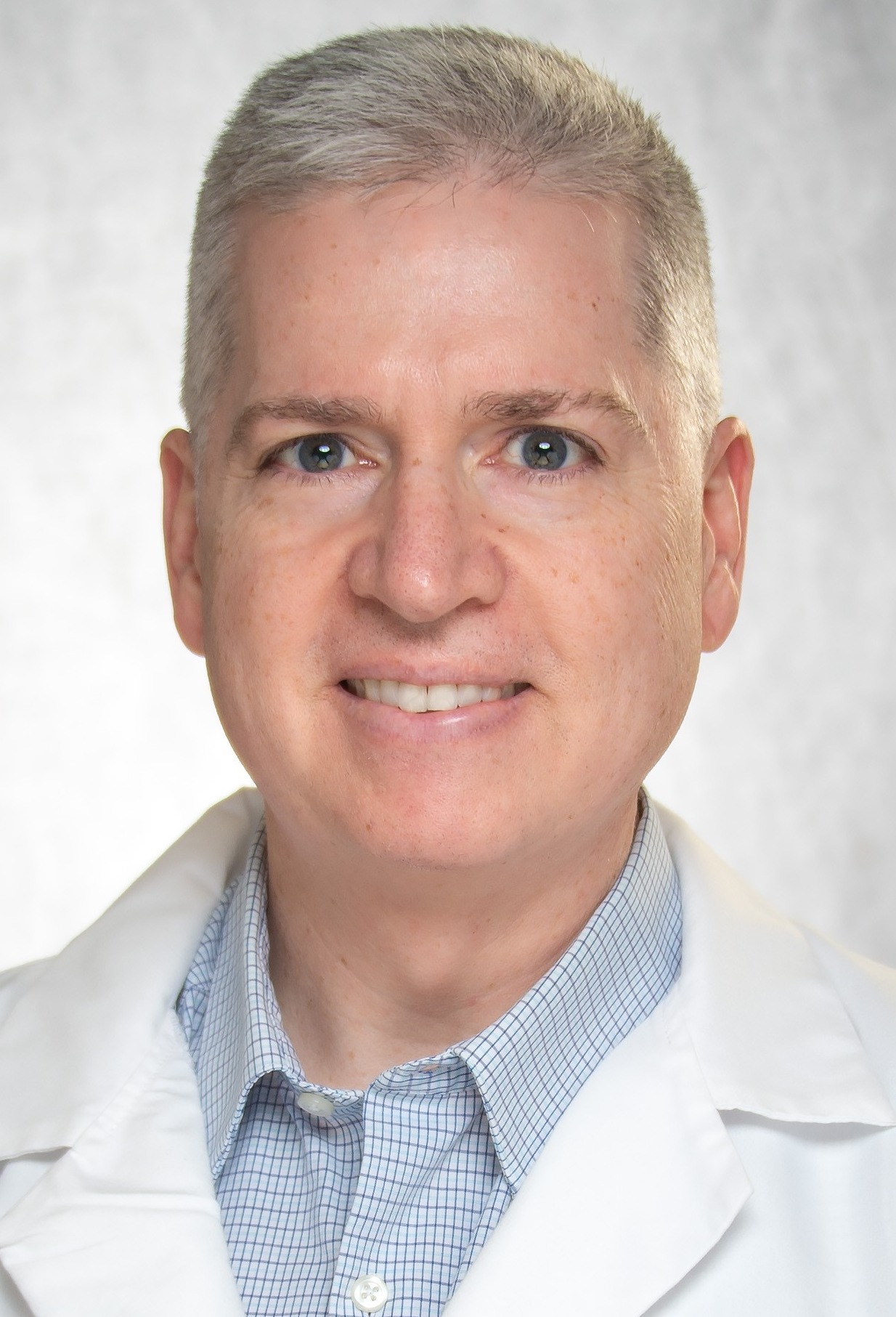
We are proud to announce our division’s contribution to a major clinical study recently published in Diabetes Care: “INHALE-1, A Multicenter Randomized Trial of Inhaled Technosphere Insulin in Children With Type 1 Diabetes.” One of our Division physicians, Dr. Tansey, served as a co-author on this important research. The INHALE-1 trial examined the safety and effectiveness of an inhaled form of insulin compared to standard rapid-acting insulin injections in 230 children and adolescents aged 4 to 17 living with diabetes. Over a 26-week period, participants continued their long-acting basal insulin and used continuous glucose monitoring while receiving either inhaled or injected rapid acting insulin. Compared to the injected insulin group, the inhaled insulin group experienced a similar hemoglobin A1c, similar continuous glucose monitor readings, and lung function. Children using TI reported greater treatment satisfaction and experienced less weight gain compared to those on injected insulin. These findings suggest that inhaled insulin could become a valuable option for some pediatric patients. It is important to note that the study did not compare inhaled insulin to insulin pump-based therapy. The manuscript abstract is available on Pubmed. We especially wish to thank the research coordinators, research participants and their families who made this study possible.



